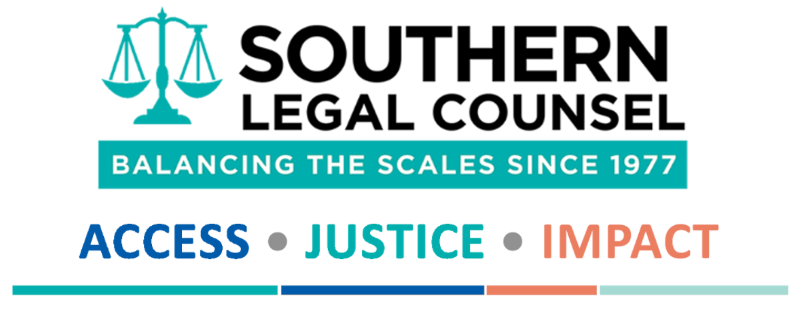How much does the guardian advocate process cost?
- The guardian advocate process was created specifically for individuals with developmental disabilities unlike the guardianship process. Because of this, the guardian advocate process is shorter and simpler compared to the guardianship process (but is more complicated than the estate planning process).
- The guardian advocate process requires the adult with developmental disabilities to have previously been diagnosed with a learning disability prior to turning 18 years old. Unlike the guardianship process, the adult with developmental disabilities is not evaluated by three experts.
- The guardian advocate process does not require the adult with developmental disabilities to be found "incapacitated" by the court.
- Like the guardianship process, a lawyer will be assigned to the adult with developmental disabilities if they don't have their own. The process requires a court hearing before a judge to determine if the adult with developmental disabilities lacks decision making ability, and if so, in what areas.
- If the judge finds that the adult with developmental disabilities lacks decision making ability for one or more rights, the court will remove those rights and appoint a guardian advocate to exercise the rights and make all related decisions for the adult.
- The rights that can be removed are the rights to: marry, vote, personally apply for governmental benefits, decide where to live, manage property, and make decisions about the adult's social environment or other social aspects of their life.
How long does a guardian advocate case take?
- A guardian advocate case will take 45 days to complete at a minimum. If it is contested, it can take even longer.
Can I use Supported Decision-Making As Part of Guardian Advocacy?
- Supported Decision-Making (SDM) is a tool that allows adults with developmental disabilities to make decisions with the support of people they trust. Though it is often considered an alternative to guardian advocacy, it can be used as part of the guardian advocacy option. SDM can help an adult with developmental disabilities learn how to make decisions. Florida law requires guardian advocates to state in the annual plan what they are doing to help the person in their care enhance their capacity. SDM is a great way to comply with this legal requirement. Though the guardian advocate would still have the final say, SDM can be a great way to keep the person under guardian advocacy involved and practicing decision making skills. It can also be useful in terminating the guardian advocacy, when appropriate. Guardian advocates who want to use SDM should understand that their relationship with the person under their care may have to change. The goal in SDM is to provide the decision-maker with more freedom, the opportunity to try new things, and to learn from their mistakes.

